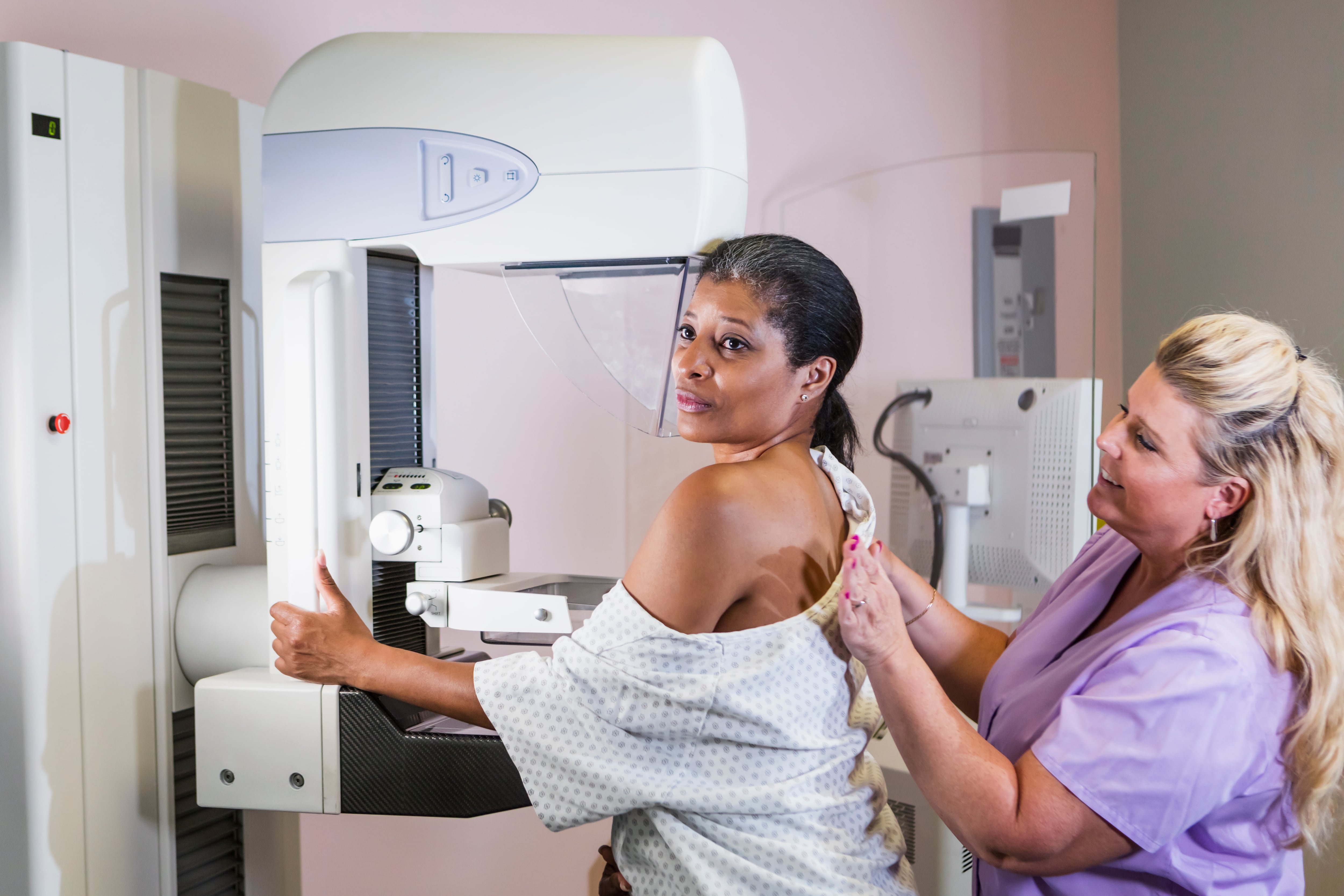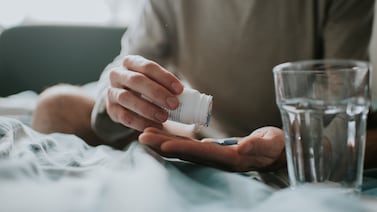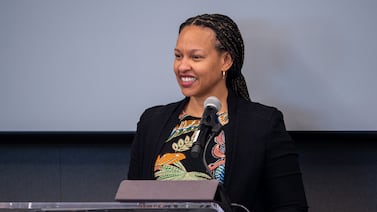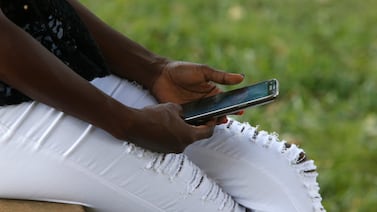Public health, explained: Sign up to receive Healthbeat’s free Atlanta newsletter here.
Low-income women in Georgia and across the country can get screenings for breast and cervical cancer for free – but not all of them do.
A new project at Morehouse School of Medicine aims to learn what barriers Black and Latina women in Georgia face in accessing those services. Researchers are launching a two-year, $800,000 project to find out, funded by the Black Women’s Health Imperative, a national nonprofit and advocacy group.
The study aims to understand why people may not be taking advantage of what Morehouse School of Medicine associate professor Desiree Rivers calls “an incredible resource”: the Georgia Breast and Cervical Cancer program, which provides free screenings for low-income, under- or uninsured women.
The Georgia initiative is part of a national program overseen and funded by the Centers for Disease Control and Prevention since 1991.
While President Donald Trump’s budget proposal for fiscal 2026 would have eliminated the screening program, the latest version of the Senate budget includes funding to continue it, and the House budget would increase funding, said Molly Guthrie, vice president of policy and advocacy at the Susan G. Komen breast cancer nonprofit.
Close to half a million, or 14%, of Georgia women between ages 18 and 64 were uninsured in 2023, according to the U.S. Census. About 12.7% of Black women in that age group are uninsured, and the rate is especially high for Latina women: 34.2%.
The Georgia screening program screened only 11,919 women for breast and cervical cancer in fiscal 2024, according to data from the Georgia Department of Public Health. The screenings and other related services are available at local public health departments, the Grady Health System, and some other locations.
Many women know they should get regular mammograms and cervical cancer screenings, said Dr. Christopher Ervin, director for community-based initiatives at the Department of Family Medicine at the Morehouse School of Medicine. But that doesn’t mean it’s easy for them to do so, even if the tests are free. That’s the impetus for the new study.
“What we think will be important is if we had some way of understanding why aren’t people taking advantage of those services,” said Rivers, the study’s principal investigator.
Some of the reasons could be a lack of knowledge, a lack of transportation, caregiving responsibilities, and difficulty taking time off work, especially for hourly employees, Rivers and Ervin said.
There could be psychological reasons, as well, said Jenny Spencer, an assistant professor of population health at the University of Texas at Austin’s Dell Medical School who is not involved in the study. People may be scared of a positive result or feel like they won’t have the resources to get needed care if diagnosed with cancer.
“When you look at ‘what I should be doing to be healthy’ versus ‘what I can do to be healthy’ in many of these communities,’ that’s a big gap to cross,” Ervin said. “The point of this study is, how do we help our community members better utilize the screenings that are available to them?”
That’s particularly important for Black and Latina women, said Amirah Burton, a postdoctoral fellow at Morehouse School of Medicine.
When compared to white women, fewer Black women are diagnosed, Burton said.
Black women who are diagnosed “tend to have worse survival rates. They die sooner. They have worse outcomes in terms of their health when compared to white women,” Burton said, meaning that increasing early screening for breast and cervical cancer can make a difference.
Mortality is higher in non-Hispanic Black women than in non-Hispanic white women for breast and cervical cancer, Spencer said. Black women also have higher incidence of cervical cancer.
“Historical racism in the United States has led to differences in clinical care by race that persist,” Spencer said. “We know that women with otherwise similar characteristics do have different outcomes.”
The researchers in Atlanta want to recruit 120 participants for their study. They will use surveys and interviews to better understand what barriers the women face in getting the screenings. They will also use community health workers to help women better access services and track how well that works. They will incorporate those workers’ and medical providers’ perspectives into their research, as well. The screenings will be conducted at Grady.
Conducting the research in DeKalb and Fulton, counties with large Black populations, and under the auspices of a historically black college and university is important, Burton said.
“We’re not just doing it just because we’re doing it [but] because we care about you all in the population that we are serving,” Burton said. “We can help those in the community, help them to not only understand the importance, but to help them also understand the work we’re doing.”
People interested in participating in the study or learning more can email Professor Desiree Rivers at drivers@msm.edu.
Rebecca Grapevine is a reporter covering public health in Atlanta for Healthbeat. Contact Rebecca at rgrapevine@healthbeat.org.






